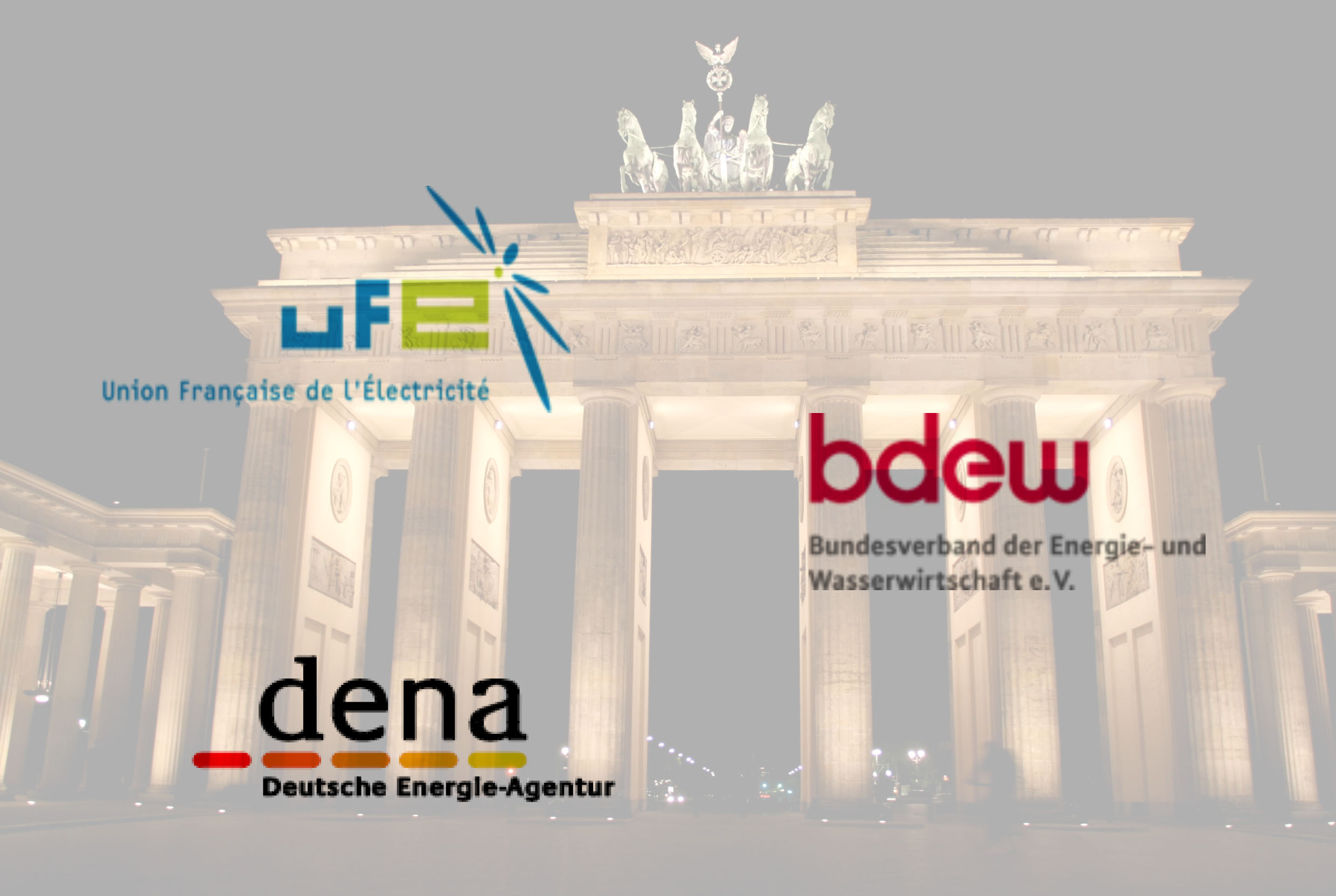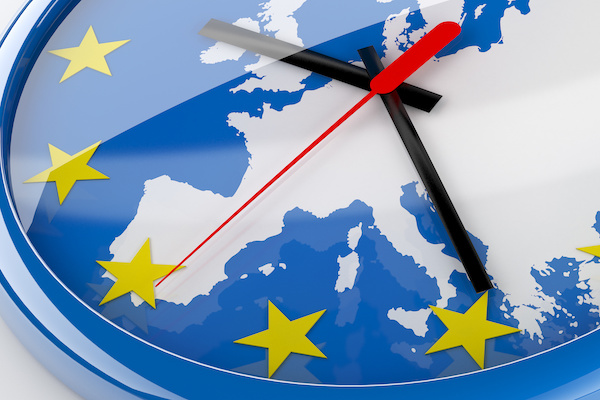30 September 2014
Security of supply: Risks exist also for electricity


If for the moment, the concerns about security of supply in Europe are mostly focused on gas supplies, due to the Ukrainian crisis, they may unfortunately quickly arise also on electricity supplies. The UFE, aware of those concerns for a long time, engaged itself and its German Partners to work together, under an industrial approach and a strongly European perspective, on tools which could be used to complete the current organization of the electricity markets and contribute to a better security of supply…
The case of Belgium, a country who is already dealing with the risk of a serious electricity shortage for this winter, is there to remind us that security of energy supplies in Europe is not only a gas issue. In fact, the EU faces a major crisis whose collateral impacts are clearly affecting the electricity market. Unfortunately, the electricity market shows some signs of weakness that are even more worrying because they are structural. Considering the difficulties to storage electricity and the highly interconnection level of the electricity markets on the European continent, if the supply-demand balance is not satisfied everywhere and at all times, the consequence will be immediate and with a potential destructive domino effect: the “blackout” on all or part of several interconnected countries. To understand the matter we can simply remember the German episode of November 2006…
Why such a risk?
Since several years, and specifically since the adoption of the “2020 Climate and Energy package “, the energy production mix of many EU member states have deeply changed. Whereas the economic and social developments of our society are increasingly dependent on electricity, including the perspective of the decarbonation of our economies, the production capacities have been forced to change. The “3×20” targets, at the origin of a massive and fast development of intermittent, less predictable and highly decentralized production capacities, made more complex the management of the whole electricity system. Regrettably, if the original ambition, fighting against the climate change, is laudable, the trajectory of evolution of energy production mix and the modernization of energy networks related were not managed in order to address the challenges posed. Today, the economic crisis amplifies those risks even more. The last Generation Adequacy Report of RTE (the French TSO) clearly indicates the deadlines in this field and, concerning, they are for tomorrow: 2016-2017.
What to Do?
That’s why the UFE, aware of these difficulties for a long time, engaged very early itself, since 2008-2009, in the first French reflection on the medium term security of electricity supply issue. It is also thanks to the UFE’s suggestions that France is now working on the improvement of the rules of a capacity market, which will be soon operational. Elsewhere, other countries made choices on that direction. But, France and Germany still are the two countries who represent more than a third of the entire electricity production and consumption in Europe. Then, their choices on energy policies will affect the rest of the European Union. That’s why, a year ago the UFE chose with its German partners to launch a bilateral industrial cooperation to find solutions for the electricity security of supply on both sides of the Rhine. This cooperation must to be seen as a support of the political agreement promoted by the French and German governments and the official multilateral organizations such as the Pentalateral or the High Level Group.
Working together to guarantee Europe’s energy supply
That was the center of the debates during the tripartite conference that the UFE, the DENA and BDEW organized on Wednesday 24 September in Berlin. Aiming at working together to guarantee Europe’s energy supply, Robert Durdilly, Chairman of the Union Française de l’Électricité, talked about the capacity market that has already been adopted in France, and encouraged neighbouring countries to take part: “France is looking for strong partners for its capacity market. And of course, our thoughts turn to Germany in particular. If Germany and France shared their economic and technological resources in the electricity sector, both countries would certainly benefit”. Stephan Kohler, DENA’s CEO, laid out the overall European perspective and defined the key criteria to implement capacity mechanisms in the future: “France and Germany can give a boost to Europe’s entire energy sector. European solutions are the only way forward. Market incentives aiming to guarantee production and increase flexibility must also be considered on a European scale. They must also be open to technology and coupled with maximum CO2 emission figures.” Hildegard Müller, Chairwoman of the General Executive Management Board of BDEW, highlighted the need to act urgently: “Reforming the shape of the electricity market is a European challenge, rather than simply a national one. Electricity does not stop at borders. That is why we are currently holding talks with the French federation as well as other European groups to work together on developing cross-border solutions to guarantee security of supply. The discussions are based on concepts designed for this purpose by France and BDEW. Both approaches are market-oriented, transparent and EU-compatible. Whereas France is implementing a mechanism from this year, our proposal for a decentralized energy market in Germany remains under discussion. The German government must confront these challenges as soon as possible, because as time passes, the situation of the power plant market becomes even more critical.
Find out more
02 June 2020
“Long live Europe”: it’s time for Europe!
25 February 2020
Brexit: love last 47 years


About us
The Union of the French Electricity Industry is the trade association of the French electricity sector. We bring together companies from the whole value chain of the electricity industry.
Find out more










